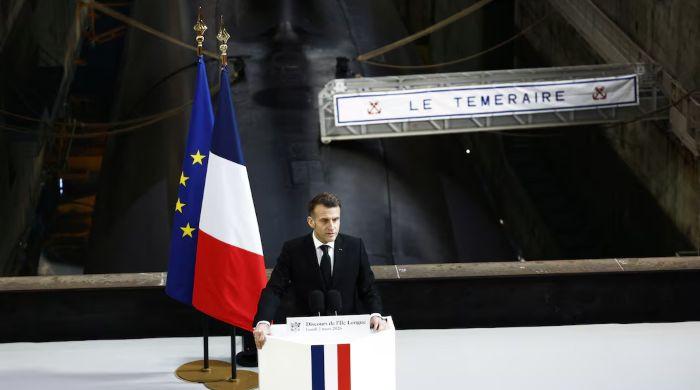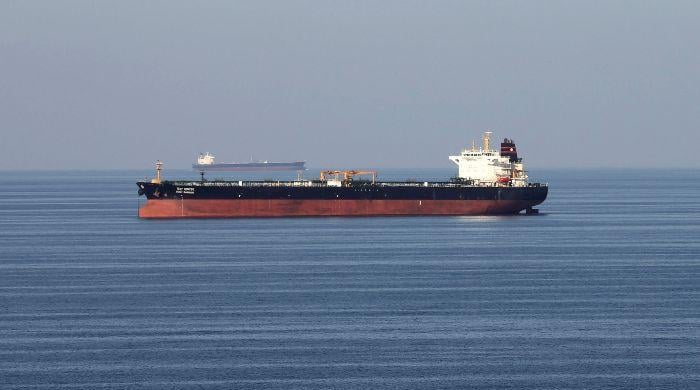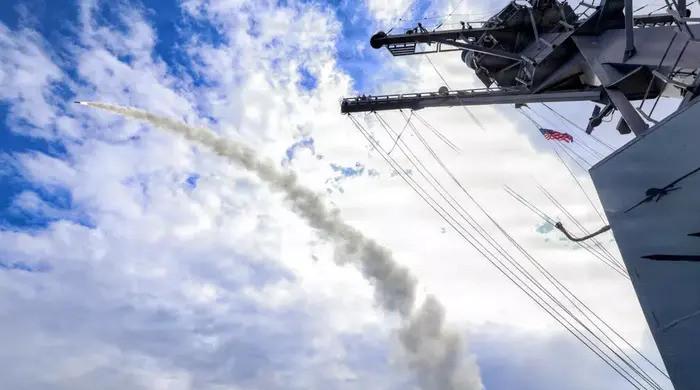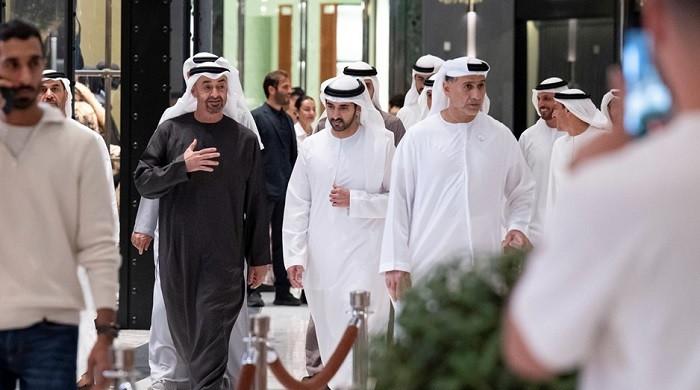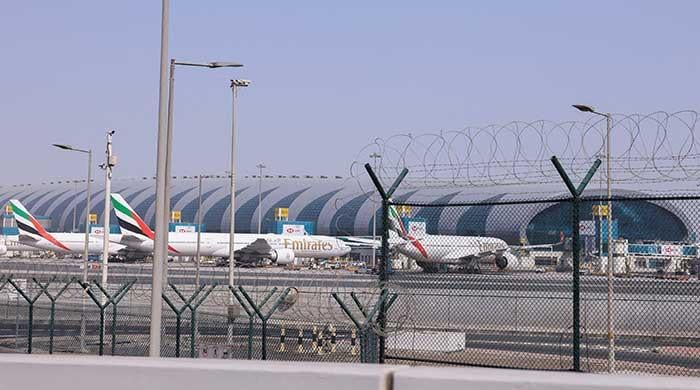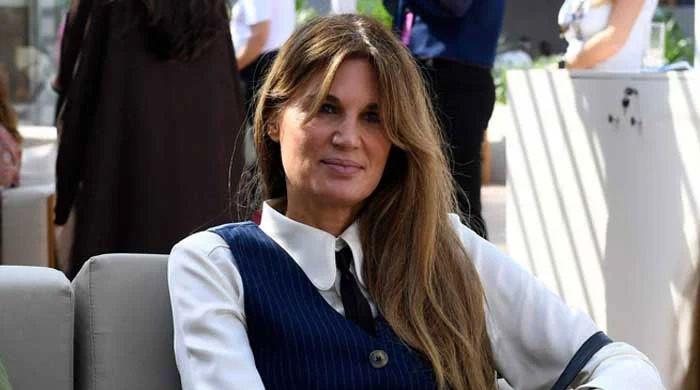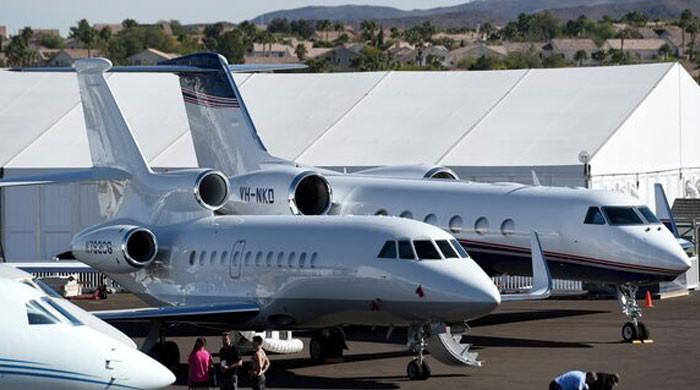EU-Pakistan engagement essential to fight non-traditional security threats, say experts
Experts from various Pakistani educational institutions express views on non-traditional security threats on study tour in Brussels
November 24, 2021
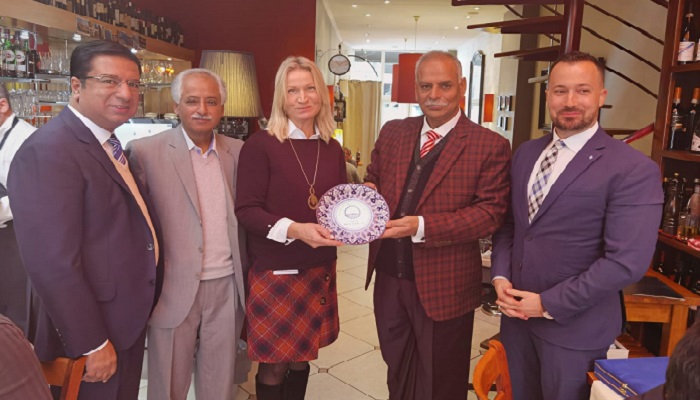
- Cooperation between EU and Pakistan will bring peace and prosperity to the region, says Dr Stephen Codella, a representative of HSF in Pakistan.
- Experts from various Pakistani educational institutions express views on non-traditional security threats on study tour in Brussels.
- Climate change is major threat for water availability, opines PCRWR Chairperson Dr Muhammad Ashraf.
BRUSSELS: Cooperation between EU and Pakistan on unconventional threats to the world, such as climate change, food security and migration, will bring peace and prosperity to the region, agreed experts during a study tour event in Brussels.
Experts from various Pakistani educational institutions have agreed that world security is now more threatened by non-traditional challenges than traditional ones.
These views were expressed by them on a study tour of the European Union’s capital. The tour was jointly organised by German think-tank Hanns Seidel Foundation's (HSF) Pakistan chapter and the Centre for Global and Strategic Studies (CGSS) Islamabad.
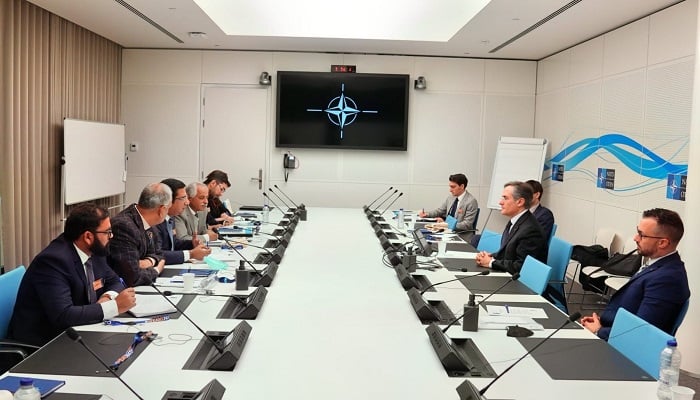
Climate change, food security, water management, migration and digitisation are unconventional threats to today's world, said Dr Stephen Codella, a representative of HSF in Pakistan, told Geo News.
The list also includes misinformation and misinformation, he said, adding that these issues are leading to the realisation that non-conventional threats can do more harm to humanity in future.
"Everything in today's world is interconnected," he said, adding that this is why it's important for people to come together and talk to each other about resolving these issues. The purpose of this visit is also to bring the experts of Europe and Pakistan closer to each other, he emphasised.
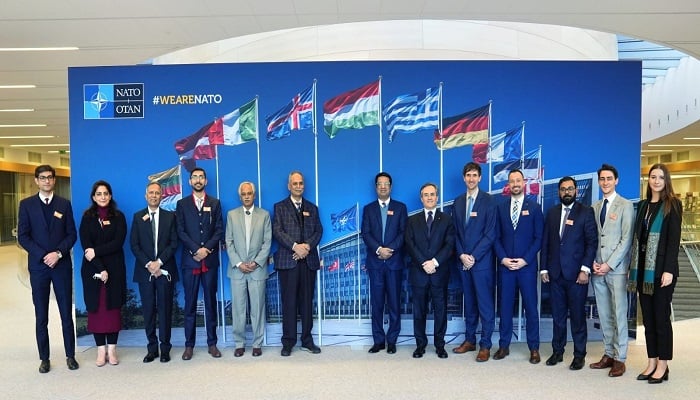
CGSS chief executive Lt-Colonel (retd) Khalid Taimur Akram, who was leading the delegation's visit to EU, explained Geo News the aims and objectives of the visit. He said that the delegation was part of an exchange programme to discuss non-traditional security challenges in Pakistan and Europe with various EU institutions, European Commissions, Parliament, civil society organisations, NATO experts and different DGs of EU agencies.
The dimension of security has now changed, commented MNS-University of Agriculture, Multan Vice Chancellor Dr Asif Ali, adding that climate change is causing other changes. He said that is what food security is all about and that without it, security is unthinkable.
"Therefore, solutions to these problems can only be found through a combination of experience and knowledge," he said, sharing that his university has been working on a new seed for wheat production in Pakistan. "There is a need to improve local products and seeds through mutual cooperation," he opined.
National University of Sciences and Technology Associate Dean Prof Dr Tughral Yamin, meanwhile, said that problems associated with digitisation are now another major unconventional threat.
We also need each other's help to deal with them, he pointed out.
Pakistan Council of Reasearch in Water Resources (PCRWR) Chairperson Dr Muhammad Ashraf said that Pakistan is an agricultural country and due to climate change, hot weather is getting hotter and cold is getting colder.
"This will make water availability a problem. In that sense, it is another unconventional threat to nations. That is why the world needs to invest more in these troubled areas," he said.
Another member of the Pakistani delegation, Dr Sameer, spoke about locust attacks, saying they can pose a major threat to food security at any time in exceptional circumstances.
On the occasion, Lt-Colonel (retd) Akram further said that the delegation met with various members of Parliament and officials in NATO that provided an important experience in getting to know each other's points of view.
The delegation included Lt-Colonel (retd) Akram, Dr Ali, Dr Ashraf, Dr Summar Iqbal Babar from the Quaid-e-Azam University's School of Politics in Islamabad, Assistant Professor in International Relations Timur Fahad Khan, media officer, Institute of Strategic Studies, Islamabad Dr Muhammad Mukhi, Head of the Department of Peace and Conflict Studies at NUST, Prof Dr Tughral Yamin, HSF representative in Pakistan Dr Stephen Codella and HSF Head of Program Management Mehr Ghawas.




